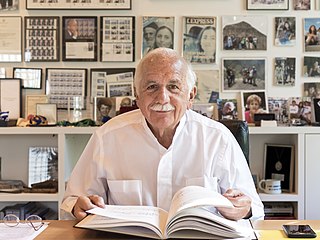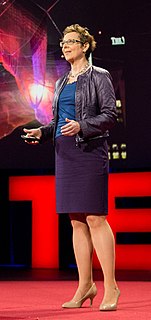A Quote by Virginia Postrel
Before it became a ubiquitous part of urban life, Starbucks was, in most American cities, a radically new idea.
Related Quotes
As the world's "most dynamic" cities seek to manage their own urban growth, American state and local officials have much to offer. Our mayors can share their experiences in urban design, clean energy projects, Smart Grids, codes for energy efficient buildings, transportation safety, and innovative environmental solutions.
I recognize that it is through the engagement with my craft - by recognizing an idea and drawing it out, building physical models, collaborating with experts, constructing the sculptures at urban scale, and maintaining them through years of weather and interaction with the public - that a new art for cities has become real.
By 2050, seven out of ten people will live in cities, which will account for six billion people living in urban areas. That phenomenon is central to all the challenges humanity faces. If there is an issue to be addressed, then it is certainly happening in cities and therefore must be considered on an urban scale.
I look at Starbucks, Howard Schultz has made many brilliant decisions, and one of the things that they did was they invented the third space. It's not work, it's not home. That's one of the engines of its spread. But at the same time he was doing that, he bet the farm to open more and more stores in any given town, and making it ubiquitous made it much easier to say to your friend, I'll meet you at Starbucks.
Early American music and early folk music, before the record became popular and before there were pop stars and before there were venues made to present music where people bought tickets, people played music in the community, and it was much more part of a fabric of everyday life. I call that music 'root music.'





































